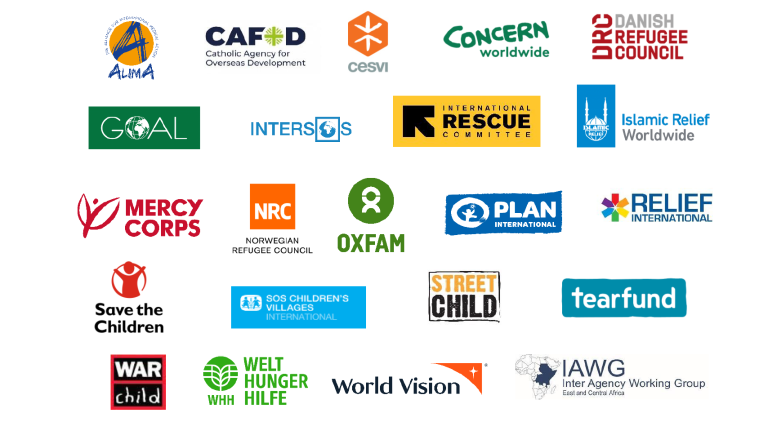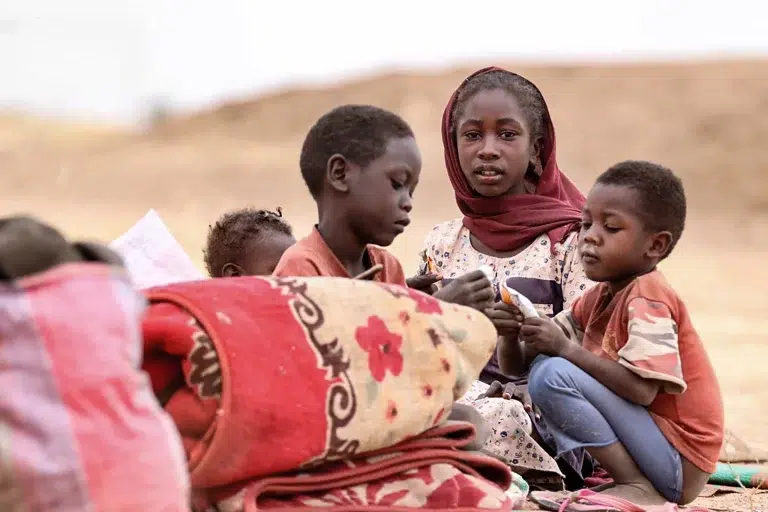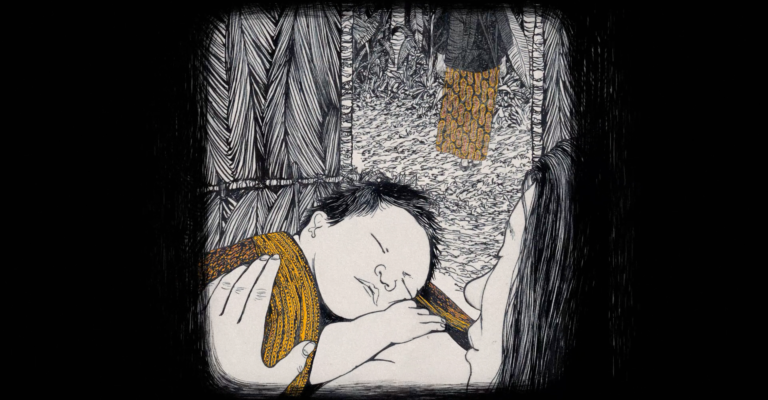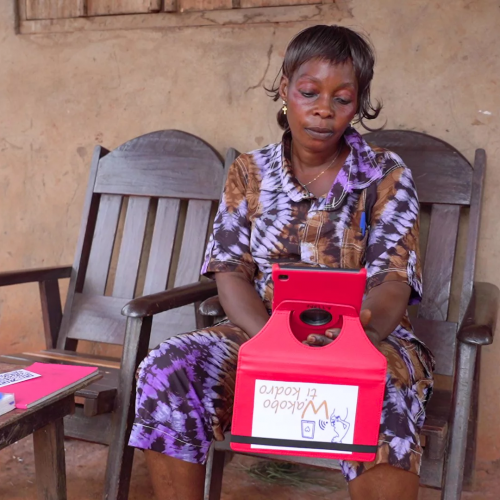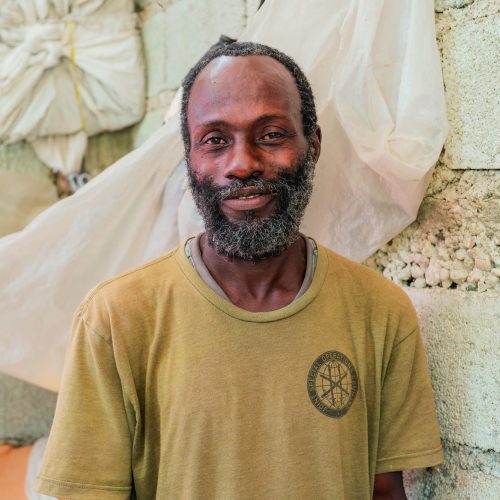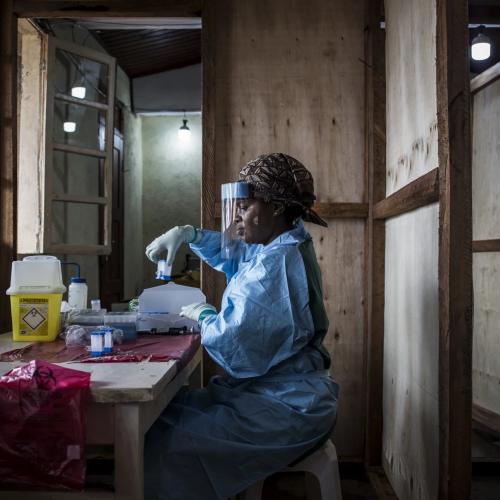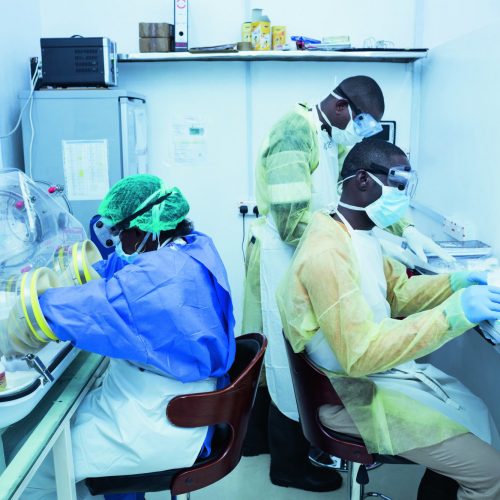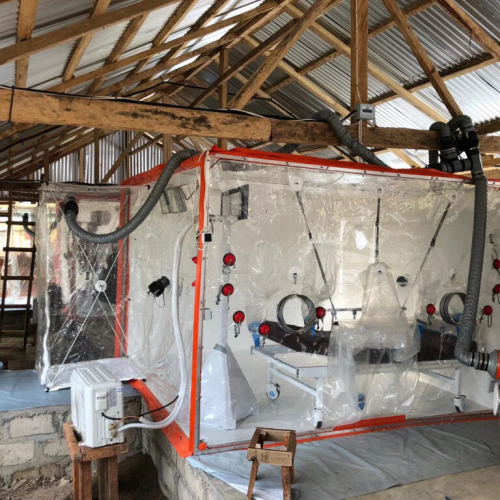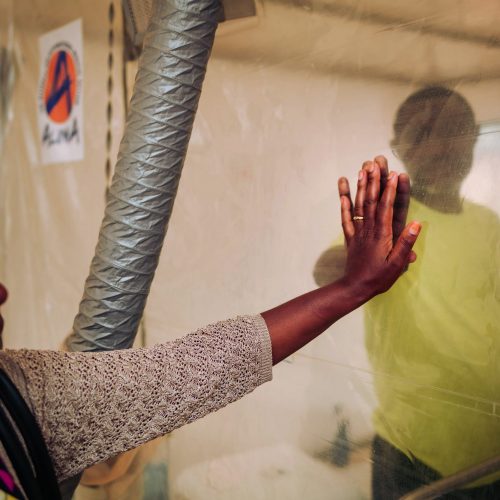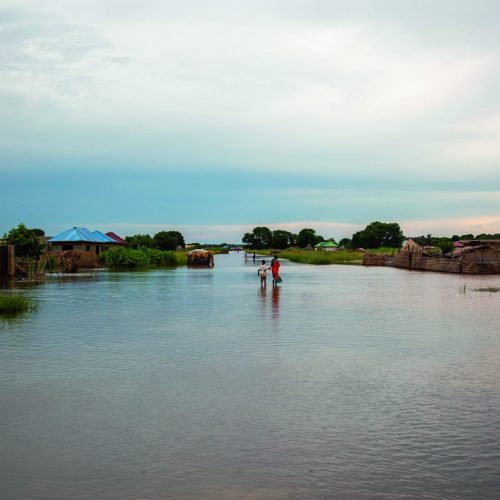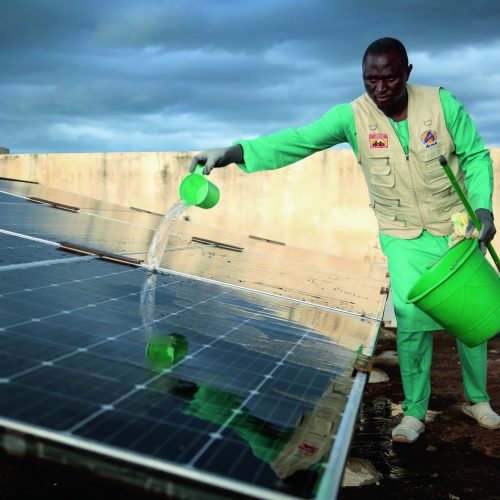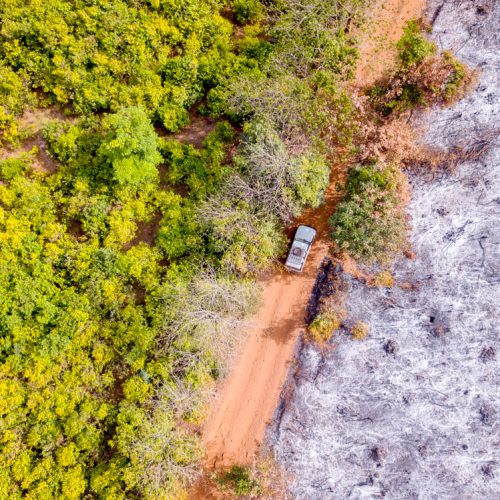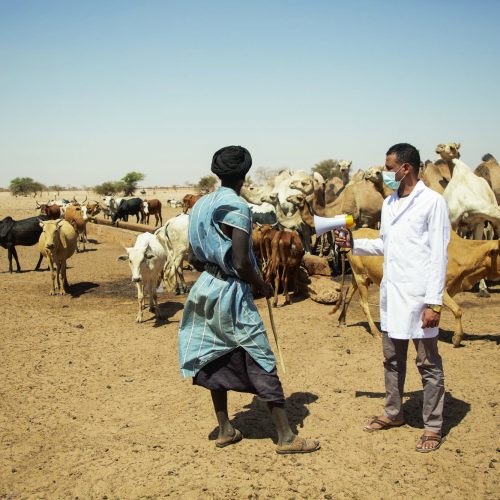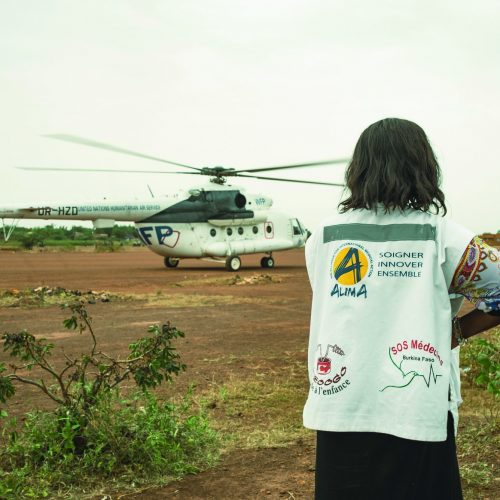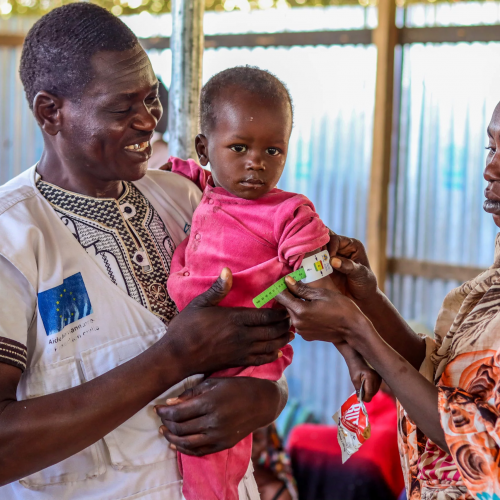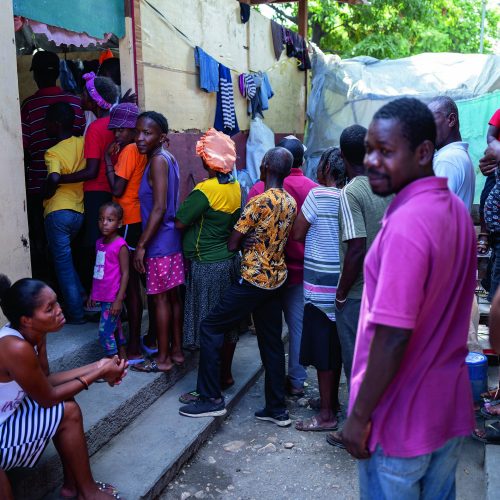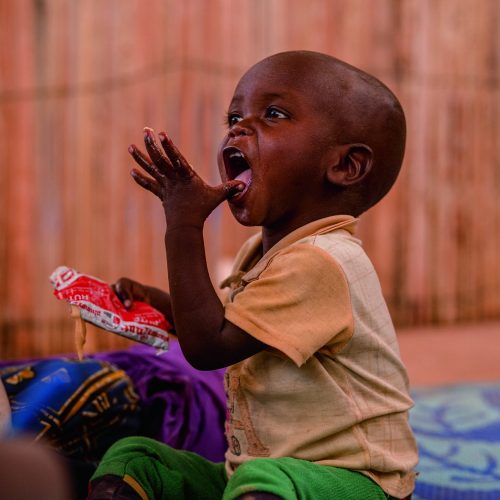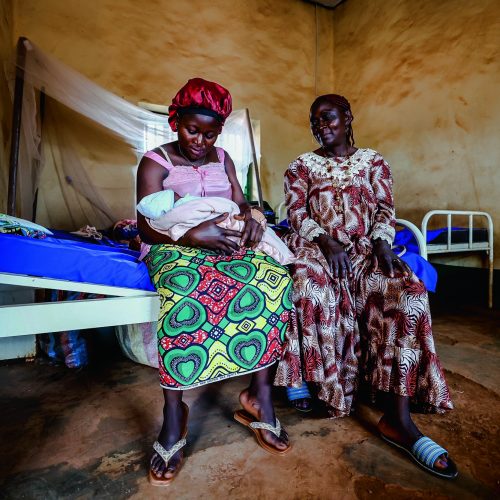“Medical teams at the Owo Federal Medical Center are providing care to a high number of patients, due to the rapid increase in the number of Lassa cases in the past six weeks” said Dr. Marie Jaspard, infectious disease specialist for ALIMA. “We are joining forces with the NCDC and the Nigerian health teams to support the work being done in Owo, but we need more resources on the ground as soon as possible. Few donors are responding and we only have four weeks of funding ahead of us before we have to close our emergency response operations.”
Lassa fever is endemic in Nigeria, meaning that there are cases throughout the year. But, due to rodent movement during dry season (approaching houses and thus contaminating people), often between January and May, Lassa fever becomes an outbreak, seemingly more severe each year, with a high mortality rate.
This year, it appears that the increasing number of cases has begun earlier. In fact, NCDC reports since November 18, 2018, 585 patients are suspected of having been infected with Lassa fever; 106 patients have been confirmed with the acute hemorrhagic fever and 43 have died. An outbreak was officially declared on January 22, 2019. At the Federal Medical Center Owo, where ALIMA provides support, more than 50 suspected patients have been admitted to the Lassa ward in the past 6 weeks.
The high number of cases has stretched the treatment capacity, and while local health staff are doing their best to care for patients, the most-affected hospitals are overwhelmed. Additionally, many patients are arriving in the advanced stages of the disease, which require more specialized care. Health facilities are now in need of continued support, especially human resources, medical supplies and drugs.
“If the caseload continues to increase, without further funding, the support we are providing to Owo hospital will stop within one month,” said Dr. Marie Jaspard.
Solutions for today, tomorrow and the future
In addition to the emergency response, which includes supporting the free care of patients at the Federal Medical Center in Owo (Ondo State), ALIMA, in partnership with the French National Institute for Health and Medical Research (INSERM 1219) through the ALERRT (The African coaLition for Epidemic Research, Response and Training ) consortium, and in coordination with with the NCDC and World Health Organisation (WHO), a research team has been running a cohort study,the LASCOPE project, since April 2018. The project aims to better understand and describe the disease, while working on the evaluation of therapeutic strategies and preparing sites for further clinical research on better treatment against Lassa fever.
“Lassa fever was discovered more than 50 years ago, but, due in part to it being more endemic than epidemic in nature, Lassa remains a neglected tropical disease,” said Inserm’s Dr. Alexandre Duvignaud. “Not only do we need to better understand the mechanics of the disease, but we need to develop better tools to diagnose cases early on, evaluate vaccine candidates to prevent future outbreaks and improve treatment molecules, in order improve patients’ chances of survival.”
————————————
The Alliance for International Medical Action (ALIMA) is a medical humanitarian organization that works hand-in-hand with a network of local organizations to provide quality medical care to the most vulnerable populations in emergency situations and recurrent crises. Based in Dakar, Senegal, ALIMA has treated over 4 million patients in 13 countries since its creation in 2009, and launched more than a dozen research projects focused on malnutrition, malaria and Ebola. ALIMA has extensive experience responding to outbreaks, including Ebola in Guinea, Rift Valley Fever in Niger, Lassa fever in Togo and Dengue fever in Burkina Faso.
In Nigeria, ALIMA has been working in in the northeast in Borno State since July 2016, where our teams were the first to provide medical and ambulatory nutritional care to internally displaced persons (IDPs) and host populations in Monguno. The program has since expanded to include the opening of a clinic near the makeshift camps for internally displaced persons in Muna Garage, on the outskirts of Maiduguri, which provides primary medical care to children under the age of five, and treatment for cases of severe malnutrition at the Intensive Therapeutic Feeding Center at the University of Maiduguri Teaching Hospital, in Maiduguri.
In response to an outbreak of Lassa fever in Nigeria in 2018, ALIMA helped rehabilitate the treatment center at the Irrua Specialist Teaching Hospital in Edo State, and supported the rehabilitation of a 35-bed treatment center at the Federal Medical Center in Owo, in Ondo State. More than 284 patients received care.
Lassa fever is an acute viral hemorrhagic fever that is usually transmitted to humans from the infected urine or feces of the Mastomys rat. Human-to-human transmission is also possible, via contact with the bodily fluids of an infected person, putting health workers at an especially increased risk of infection.
Symptoms of the virus include fever, diarrhea, vomiting, abdominal pain, sore throat and hemorrhaging. Without proper diagnosis and treatment, during outbreaks Lassa fever mortality rate can reach 30%. Cases are best managed in isolation units and using a medication called Ribavirin.
*Cover photo: Etinosa Yvonne / ALIMA
Download PDF file


